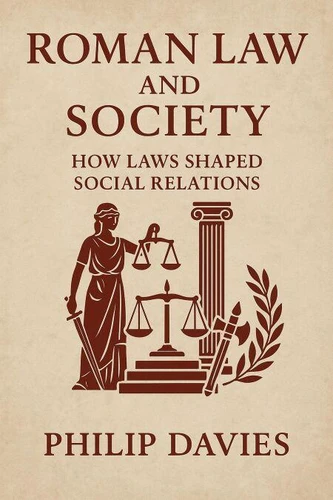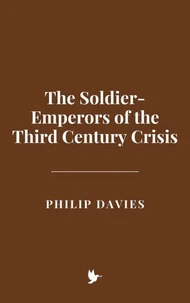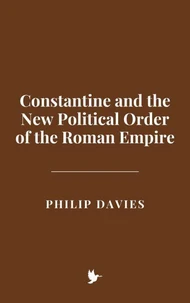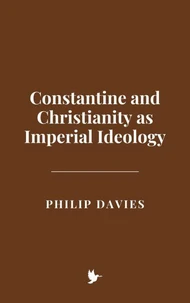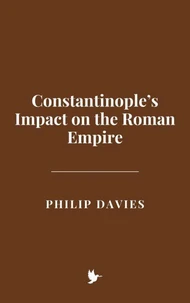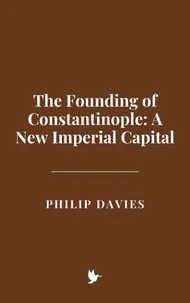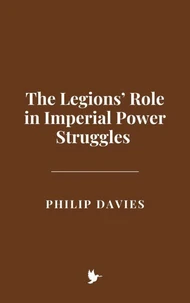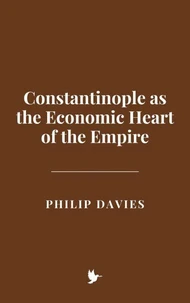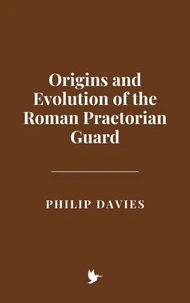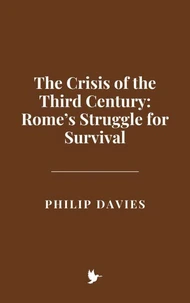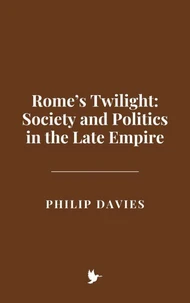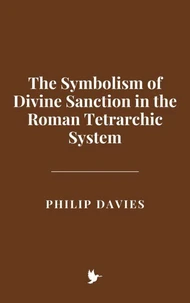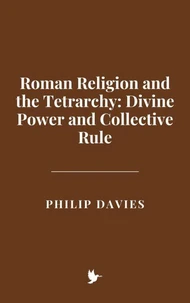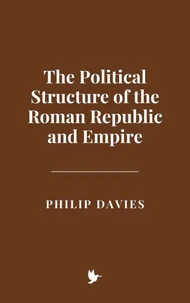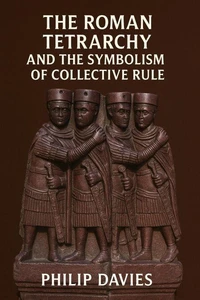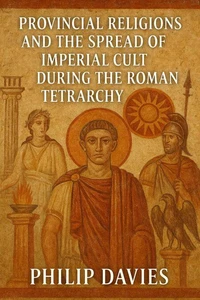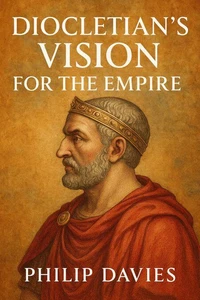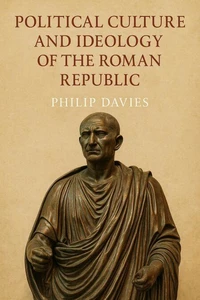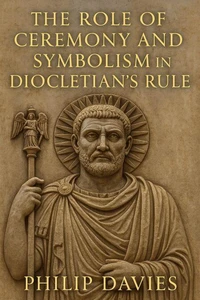Roman Law and Society: How Laws Shaped Social Relations
Par :Formats :
Disponible dans votre compte client Decitre ou Furet du Nord dès validation de votre commande. Le format ePub est :
- Compatible avec une lecture sur My Vivlio (smartphone, tablette, ordinateur)
- Compatible avec une lecture sur liseuses Vivlio
- Pour les liseuses autres que Vivlio, vous devez utiliser le logiciel Adobe Digital Edition. Non compatible avec la lecture sur les liseuses Kindle, Remarkable et Sony
 , qui est-ce ?
, qui est-ce ?Notre partenaire de plateforme de lecture numérique où vous retrouverez l'ensemble de vos ebooks gratuitement
Pour en savoir plus sur nos ebooks, consultez notre aide en ligne ici
- FormatePub
- ISBN8230080473
- EAN9798230080473
- Date de parution17/04/2025
- Protection num.pas de protection
- Infos supplémentairesepub
- ÉditeurIndependently Published
Résumé
This book provides a comprehensive exploration of how Roman law influenced the social fabric of ancient Rome. Through a detailed analysis of legal practices, the book examines how Roman laws governed nearly every aspect of life, from the rights of citizens to the treatment of slaves, from family dynamics to public governance. Philip Davies delves into the intricate ways in which legal structures reinforced or challenged social hierarchies, exploring key legal concepts such as property, citizenship, marriage, and inheritance.
The book highlights the interaction between law, politics, and society, illustrating how legal reforms and court decisions both shaped and were shaped by the evolving political and social landscape of Rome. Drawing on primary sources, including legal texts, historical accounts, and scholarly interpretations, this work offers valuable insights into how Roman law contributed to the empire's lasting legacy in the development of Western legal traditions.
The book highlights the interaction between law, politics, and society, illustrating how legal reforms and court decisions both shaped and were shaped by the evolving political and social landscape of Rome. Drawing on primary sources, including legal texts, historical accounts, and scholarly interpretations, this work offers valuable insights into how Roman law contributed to the empire's lasting legacy in the development of Western legal traditions.
This book provides a comprehensive exploration of how Roman law influenced the social fabric of ancient Rome. Through a detailed analysis of legal practices, the book examines how Roman laws governed nearly every aspect of life, from the rights of citizens to the treatment of slaves, from family dynamics to public governance. Philip Davies delves into the intricate ways in which legal structures reinforced or challenged social hierarchies, exploring key legal concepts such as property, citizenship, marriage, and inheritance.
The book highlights the interaction between law, politics, and society, illustrating how legal reforms and court decisions both shaped and were shaped by the evolving political and social landscape of Rome. Drawing on primary sources, including legal texts, historical accounts, and scholarly interpretations, this work offers valuable insights into how Roman law contributed to the empire's lasting legacy in the development of Western legal traditions.
The book highlights the interaction between law, politics, and society, illustrating how legal reforms and court decisions both shaped and were shaped by the evolving political and social landscape of Rome. Drawing on primary sources, including legal texts, historical accounts, and scholarly interpretations, this work offers valuable insights into how Roman law contributed to the empire's lasting legacy in the development of Western legal traditions.

